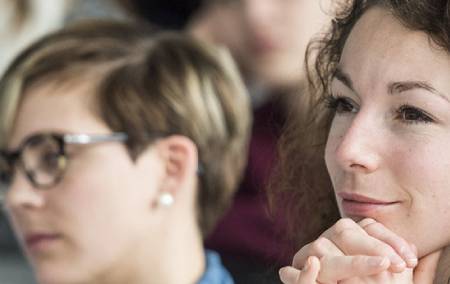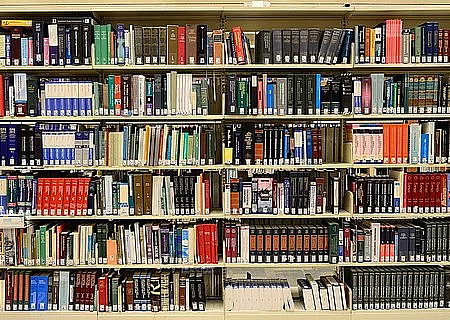Successful development of robust, safe, economical and green chemical processes depends on the knowledge and practical skills of process chemists. This Major provides core training in chemistry and chemical engineering, as well as the necessary skills to manage projects involving chemical production ranging ‘from the milligram to the ton’.
The CDP team at the School of Engineering and Architecture Fribourg (HEIA-FR) develops efficient and robust syntheses of given molecules respecting economic and ecologic aspects. This includes thorough analytical work (e.g. off-line and on-line process control, product characterisation), process characterisation regarding safety and kinetics, synthetic work (route finding, route enabling and optimisation), and engineering aspects (e.g. reaction engineering, separation & purification technologies, smart process automation).
Objectives
Master graduates will be able to:
- Enable and optimise synthetic protocols stemming from the research lab. They possess the ability to search and evaluate new synthetic pathways including catalysis and green chemistry in a vision of sustainability.
- Evaluate safety aspects of chemical processes and products.
- Understand and apply chemical analytics, data treatment with chemometric methodologies and optimize synthetic routes by automated experimentation based on statistical design.
- Use and develop methodologies for industrial scale-up of reactions and purification processes.
- Establish standard operation procedures, risk analysis, and cost analysis taking in account regulatory aspects.
- Design and implement a chemical production unit by integrating automation and process control.
Modules
The schedule is available here and the modules with their descriptions can all be found here. Modules are organized according the following structure:
First year*
Group | Number of modules | Number of credits |
| Project | 2 compulsory modules | 10 |
| Specialization modules | 5 compulsory modules | 20 |
| Cluster specific | Minimum 3 modules in the cluster of the major | 30 |
| Core competences | Minimum 4 modules | |
| Additional offer | Optional |
Second year*
Group | Number of modules | Number of credits |
| Master thesis | 1 compulsory module | 30 |
Additional information about the interdisciplinary project (module PI01) and about the Master thesis (modules X02 and X03) is available on the main page of the Master.
* Part-time students split the program of the first year across two year and complete the Master thesis full-time during the third year.
Professors
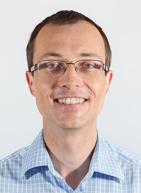 | Dr. Christophe Allemann Lecturer of Process Chemistry since 2013. Competences in process development and process optimization, industrial chemistry, flow chemistry, catalysis and physical organic chemistry. |
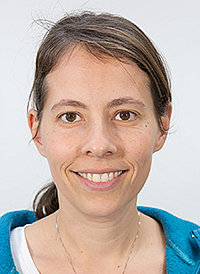 | Dr. Véronique Breguet Mercier Coordinator of module S05. |
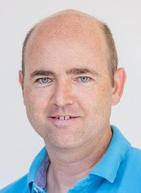 | Dr. Pierre Brodard Lecturer of Physical Chemistry since 2012. Competences in reaction mechanisms, thermodynamic and kinetic safety of reactions, optical spectroscopy. Coordinator of module C3. |
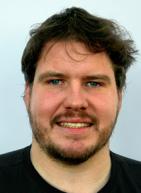 | Dr. Thierry Chappuis Lecturer of Chemical Engineering since 2008. Competences in Chemical and Bioprocess Engineering, chemical reaction engineering, process modeling, PAT, nanoparticle synthesis. Coordinator of module S04. |
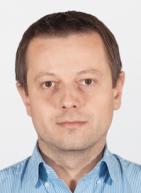 | Dr. Michal Dabros Lecturer of Chemical Engineering since 2010. Competences in Chemical and Bioprocess Engineering, Process modeling, monitoring, control and optimization, and Process Analytical Technology (PAT). Coordinator of module S03. |
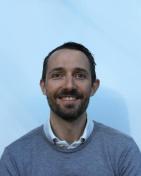 | Ludovic Gremaud Lecturer of Chemical Process since 2019. Competences in Process Research & Development (PR&D), Process Optimization, Continuous Improvement Process (CIP), Green Process Development, Organic Synthesis, Chiral Catalysis, Industrial Chemistry, Process Simulation. Coordinator of module C6. |
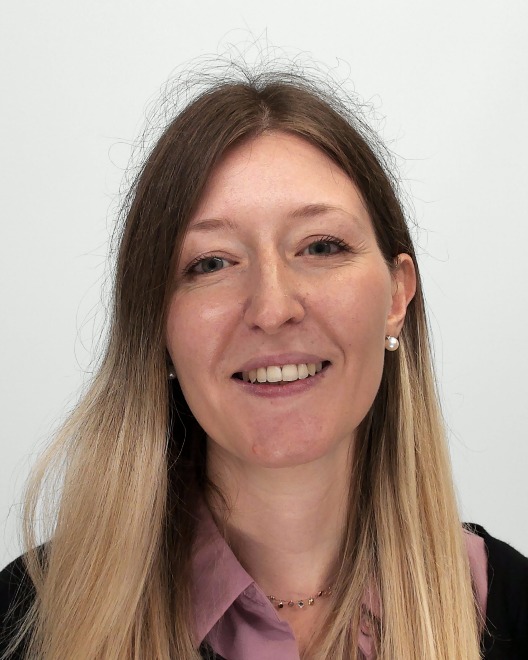 | Fiorella Lucarini |
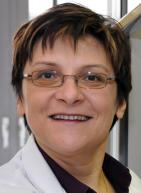 | Dr. Olimpia Mamula Steiner Lecturer of Organic Chemistry since 2010. Competences in organic and inorganic synthesis, metallasupramolecular chemistry, coordination compounds with d and f metals, (nano) catalysis, and tribology. |
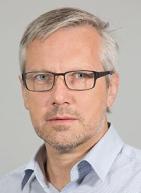 | Dr. Roger Marti Lecturer of Organic Chemistry & Process Chemistry since 2009. Competences in synthesis & process research, chiral catalysis, new synthesis technologies (micro reactors & solid phase synthesis), and molecules for applications in life sciences. Coordinator of module S01. |
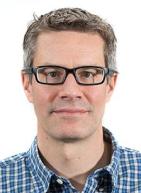 | Dr. Olivier Nicolet Lecturer of Physical Chemistry since 2016. Head of CDP specialization. Competences in thermodynamic, kinetic, optical spectroscopy and physical characterization of food. |
 | Cyril Portmann Associate professor since 2020. Competences in analytical chemistry, drug development, natural product chemistry and bioassays Coordinator of module S22. |
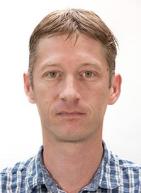 | Olivier Vorlet Lecturer of Automation since 1999. Competences in process automation, process control and instrumentation. |
Contact
Dr Olivier Nicolet
Head of the major
School of Engineering and Architecture Fribourg
Boulevard de Pérolles 80
1700 Fribourg
T +41 26 429 67 05
olivier.nicolet(at)hefr.ch

